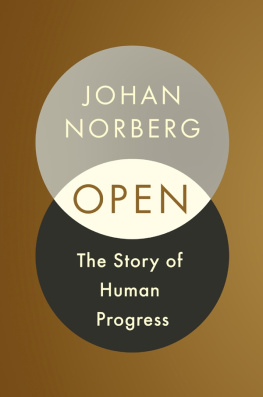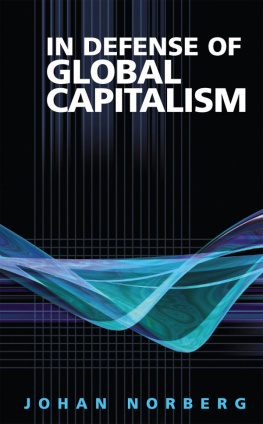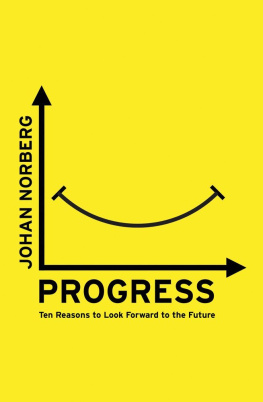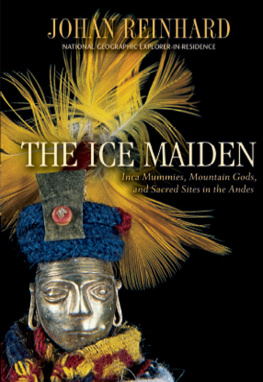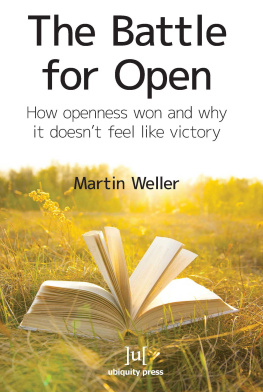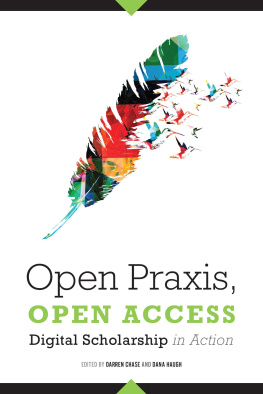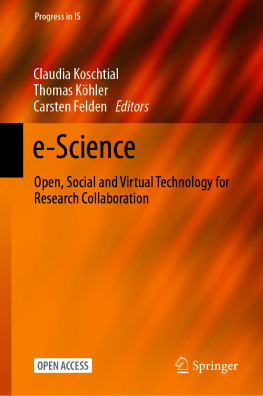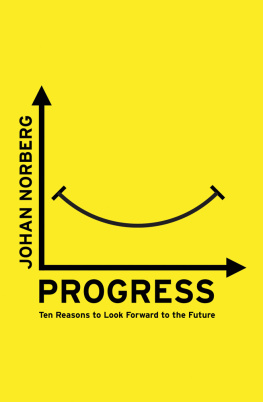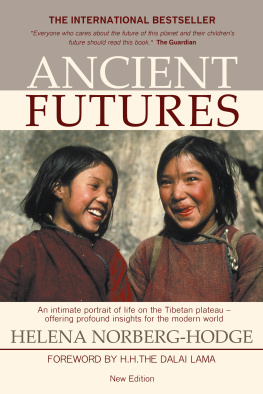OPEN
About the Author
JOHAN NORBERG is an author, lecturer, film-maker and historian of ideas. He is a senior fellow at the Cato Institute in Washington, DC and his books have been translated into twenty-five languages. His book Progress was an international bestseller and an Economist book of the year. Norberg regularly writes for publications such as the Wall Street Journal, Reason and HuffPost. He spreads his time between his native Sweden and the US.

First published in hardback and trade paperback in Great Britain in 2020 by Atlantic Books, an imprint of Atlantic Books Ltd.
Copyright Johan Norberg, 2020
The moral right of Johan Norberg to be identified as the author of this work has been asserted by him in accordance with the Copyright, Designs and Patents Act of 1988.
All rights reserved. No part of this publication may be reproduced, stored in a retrieval system, or transmitted in any form or by any means, electronic, mechanical, photocopying, recording, or otherwise, without the prior permission of both the copyright owner and the above publisher of this book.
Every effort has been made to trace or contact all copyright holders. The publishers will be pleased to make good any omissions or rectify any mistakes brought to their attention at the earliest opportunity.
1 3 5 7 9 10 8 6 4 2
A CIP catalogue record for this book
is available from the British Library.
Hardback ISBN: 978 1 78649 716 1
Trade paperback ISBN: 978 1 78649 718 5
E-book ISBN: 978 1 78649 717 8
Printed in Great Britain
Atlantic Books
An imprint of Atlantic Books Ltd
Ormond House
2627 Boswell Street
London
WC1N 3JZ
www.atlantic-books.co.uk
To Frida, who ensures that I stay open and never cease to learn.
Whether I like it or not.
There is a crack in everything
Thats how the light gets in.
Leonard Cohen
CONTENTS
INTRODUCTION
TRADERS AND TRIBALISTS
If we were to apply the unmodified, uncurbed, rules of the micro-cosmos (i.e. of the small band or troop, or of, say, our families) to the macro-cosmos (our wider civilisation), as our instincts and sentimental yearnings often make us wish to do, we would destroy it. Yet if we were always to apply the rules of the extended order to our more intimate groupings, we would crush them. So we must learn to live in two sorts of world at once.
Friedrich Hayek, 1989
O nce upon a time, a forty-five-year-old, five-foot-two man died crossing the Alps between what is now Italy and Austria. Soon after, a storm descended so his body was sealed and preserved in ice, not to be found again for more than five thousand years. When German hikers in 1991 found the mummified body of tzi, named after the tztal Alps, this gave the present an extraordinary glimpse into the past: what Copper Age life was like, how people lived and what they ate. But it also revealed their cultural and economic life.
We dont know for certain why tzi defied the elements and tried to cross the Alps that day, over hilly and snowy terrain at 10,000 feet above sea level. But we know why he came as far as he did. Even though he seems to have walked alone, he was never entirely lonely. On his every trip, tzi carried the ideas, innovations and work of thousands of people. He benefited from discoveries that he had not made himself and used tools that he had not produced.
His hat was made of bearskin and his leggings and coat were made from goat. His wide, waterproof shoes, designed for walking on snow, had bearskin for soles and deer hide for the top panels. They were so complex that researchers speculate that even 5300 years ago, Europeans had specialized cobblers who made their shoes.
tzi carried a kit with flint, pyrite and more than a dozen different plants for making sparks and he had a fungus for medicinal purposes. He had sixty-one tattoos, which might have been The metal for his copper axe had not been obtained from ore in the Alpine region, but as far away as South Tuscany.
Interestingly the design of the tools displays influences of both southern and northern Alpine traditions the arrowheads are typical for Northern Italy, but the end-scraper is similar to the tools of the Swiss Horgen culture. In other words, even five thousand years ago, tzi benefited from a highly complex division of labour stretching over considerable parts of the continent the kind of trade that makes it possible for people to specialize and perfect something, and exchange it for the specialized goods and services of others.
Homo sapiens is a cooperative species. Compared to many other animals, we are not particularly strong or fast, we dont have armour, we cant fly and are not very good at swimming. But we have something else that gives us an overwhelming advantage: we have each other. Because of the development of language and an oversized brain that keeps track of social relations, it became possible to cooperate on a large scale, and so make use of the ideas, knowledge and labour of others. This cooperation enabled the innovations that gave us superior artificial strength, speed and armour, in the form of clothes and medicine. It even made it possible for us to fly and cross the oceans faster than anyone else in the animal kingdom.
Man is a trader by nature. We constantly exchange know-how, favours and goods with others, so that we can accomplish more than we would if we were limited to our own talents and experiences. And it doesnt take much to get us started. We are constantly on the lookout for opportunities and its incredibly easy for us to start a new partnership or collaboration, even with strangers. The sharing of knowledge and goods made it possible for humans to survive and prosper in inhospitable climates all over the planet. This gave rise to science, which is built on the exchange, criticism, comparison and accumulation of knowledge, and to technology, which is the application of science to solve practical problems.
We observe the benefits cooperation and mobility have given us when its suddenly shut down. The World Bank has calculated that the greatest economic damage from epidemics like swine flu,
We humans innovate and we imitate, rinse and repeat, until we create something special. Enlightenment ideas in the seventeenth and eighteenth centuries tore down barriers to intellectual and economic openness, which supercharged innovation and brought unprecedented prosperity. In the last two hundred years, life expectancy has increased from less than thirty years to more than seventy, and extreme poverty has been reduced from around 90 per cent of the worlds population to 9 per cent today.
Present-day globalization is nothing but the extension of this cooperation across borders, all over the world, making it possible for more people than ever to make use of the ideas and work of others, no matter where they are on the planet. This has made the modern global economy possible, which has liberated almost 130,000 people from poverty every day for the last twenty-five years.
As we will see, authoritarian China is not a counter-example to the case that progress depends on openness. When China was most open it led the world in wealth, science and technology, but by shutting its ports and minds to the world five hundred years ago, the planets richest country soon became one of its poorest. Chinas present comeback is the result of a new, partial opening since 1979, and it is doing spectacularly well in the areas that have been opened, and failing miserably in the ones that have not. Chinese businesses competing on world markets have lifted millions of workers out of poverty, but protected state-owned enterprises are destroying wealth in growing rust belts. When Chinese scholars work in areas the party approves of, they end up in prestigious science journals, but when they sound the alarm about a new virus or something else that embarrasses its leaders, they end up in jail. Chinas Communist Party wants both the benefits of openness and the certainty of control. Chinas future will depend on which tendency wins out in the end.
Next page
